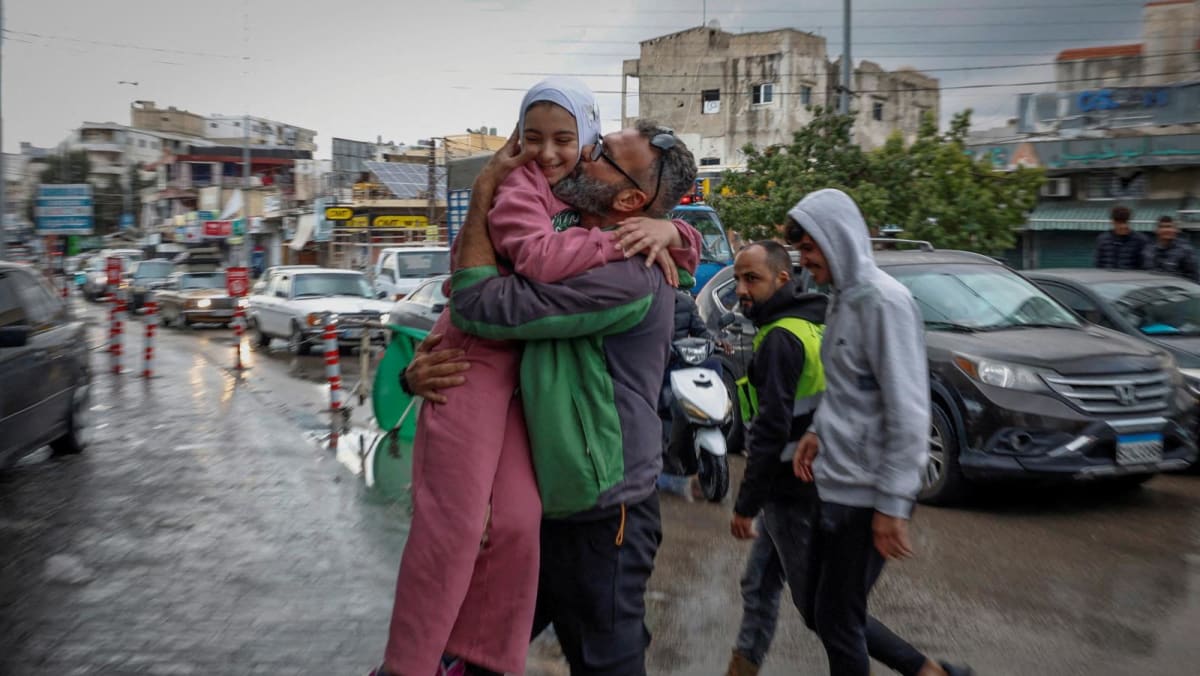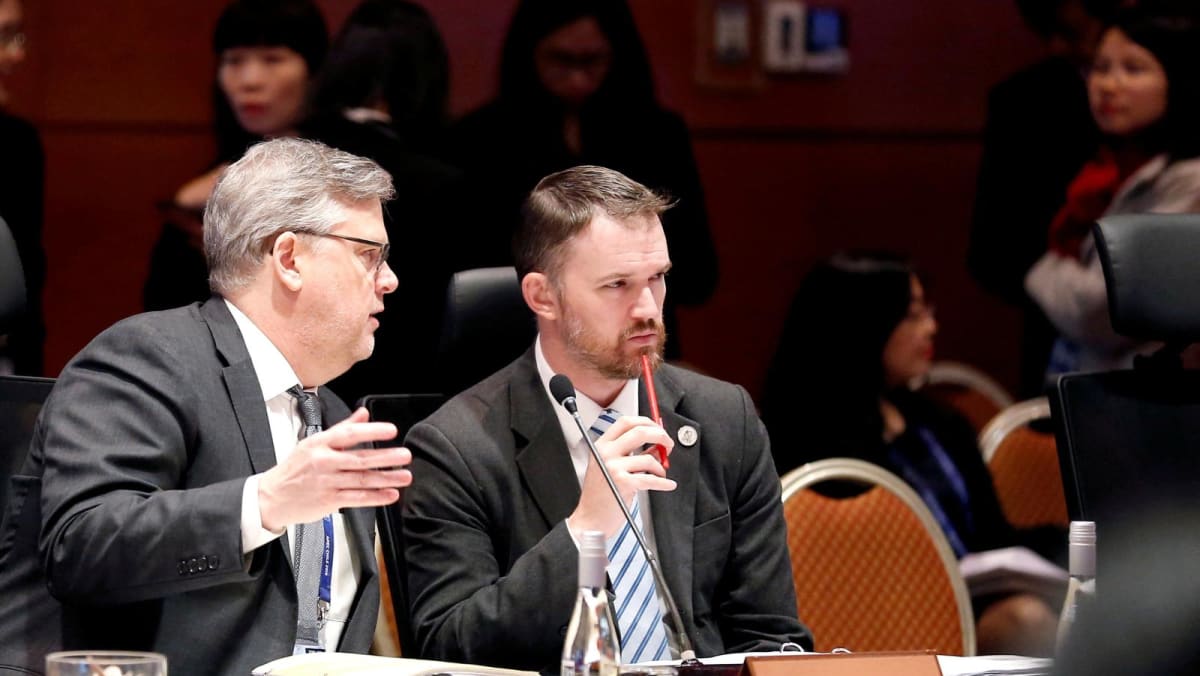In a commentary, top-selling German tabloid Bild noted that Volkswagen had faced pressure from the government in Berlin and the capital markets to pull out of Xinjiang.
“For too long, the company turned a blind eye to the human rights situation,” it said.
Beijing stands accused of incarcerating over one million Uyghurs and other Muslim minorities in a network of detention facilities across Xinjiang.
Campaigners and Uyghurs overseas have said an array of abuses take place inside the facilities, including torture, forced labour, forced sterilisation and political indoctrination.
A UN report in 2022 detailed “credible” evidence of torture, forced medical treatment and sexual or gender-based violence – as well as forced labour – in the region.
But it stopped short of labelling Beijing’s actions a “genocide”, as the United States and some Western lawmakers have done.
Calls had grown louder for Volkswagen to reconsider its business activities in Xinjiang after German chemicals giant BASF announced this year that it would accelerate its exit from two joint ventures there.
An external audit commissioned by Volkswagen last year found no evidence of forced labour among the plant’s 197 employees.
But the consultancy that wrote the report acknowledged “the challenges in collecting data” for audits in China.
The Turpan test track was not part of the audit.
In response to the Volkswagen forced labour report, China urged companies not to be “blinded by lies” about its rights record in Xinjiang.













